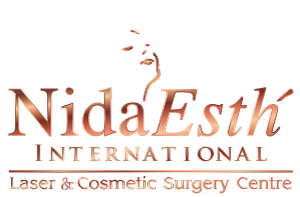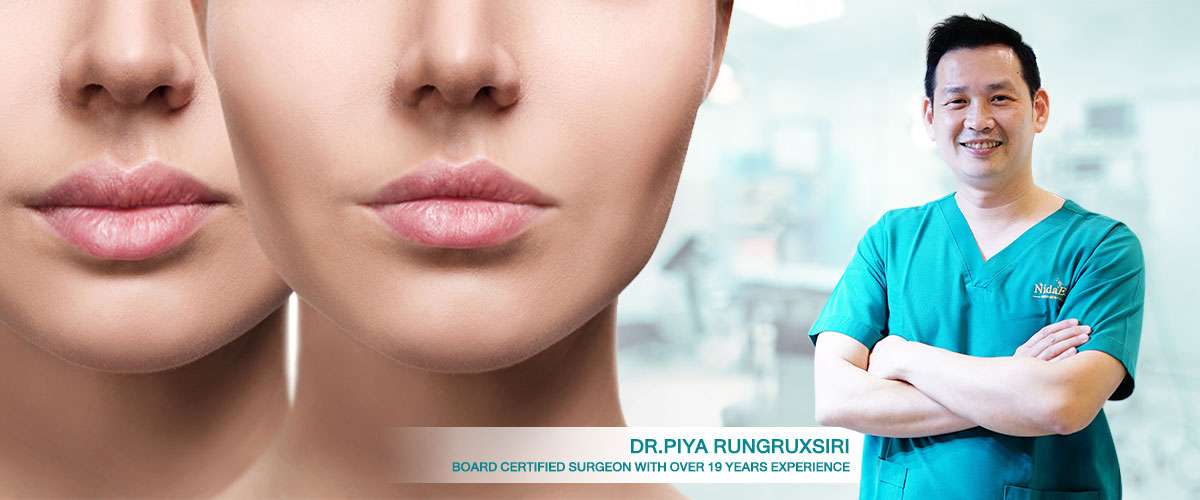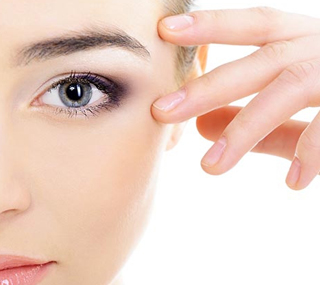To have lips that are too thick or too thin can create less confidence. Therefore, to correct unsatisfying lips or to make them thinner can be easily done. However, it depends on lip tissues whether it will have sufficient lip tissues for lip surgery or not. A surgeon usually evaluates a lip shape and other facial components including eyes, nose, eyebrows, cheekbones, forehead, chin and also teeth for the most natural and satisfying result of each patient.

Why Lip Surgery at Nida Esth’?
- The expertise of a surgeon – Dr. Piya Rungruxsiri – who has a special technique of lip surgery and more-than-19-year experience in surgical field
- Nurse teams who have experiences in taking care patients and hospitalization both local and international
- Standardized and certified medical instruments, including a specialist team in stem cell therapy
Lip Surgery
It is a procedure that corrects an upper lip to be more proportional to the face. It is for patients who have an upper lip that is too plump or too huge, resulting in dissatisfaction.
Lip Augmentation with fat grafting
Is a cosmetic procedure that enhances the lips giving a fuller and plump look? Piya Surgery is using Microfat Special Technique where adult stem cell and fat tissue are harvested and are transferred to the lips that results to a permanent augmentation. It is the safest procedure among other lip augmentation surgeries.
Lip Reduction
Full, plump lips are sexy but too much lip size may appear unproportioned to one’s facial features. It also causes problem with eating, drinking and even speaking. Lip reduction is a permanent surgery and needs thorough assessment from an experienced surgeon.
Lip Surgery Process
- Make an appointment for consultation
- A consultation with you plastic surgeon with detailed examination and discussion about Lip surgery and potential risks and benefits associated with the procedure.
- Discuss about your goals and expected outcome regarding the surgery
- Inform the surgeon about all the medications you are taking, including vitamins, food supplements, etc. The surgeon may instruct you to stop taking a certain medicine before and after the surgery.
- Inform the surgeon about your past and present health history
- Inform the surgeon any particular drug and food allergies you have
- No smoking 2 weeks before the surgery
- Decide for a schedule of the surgery









